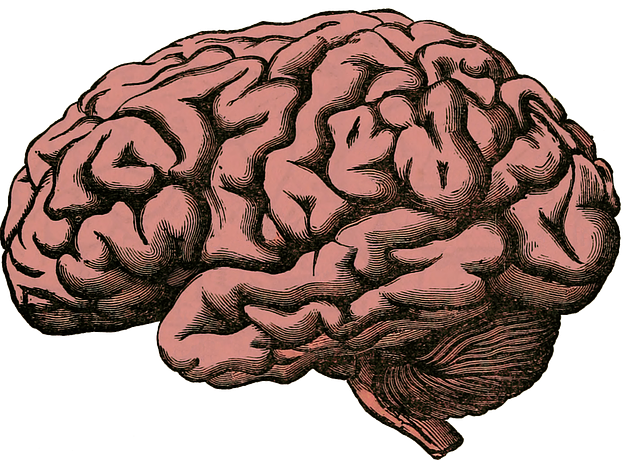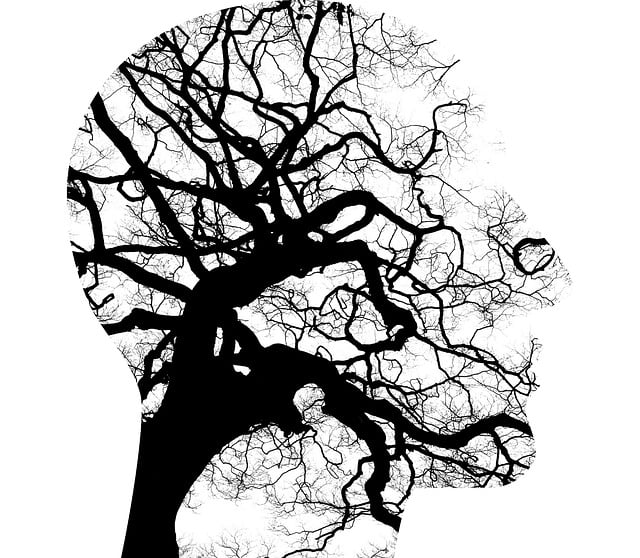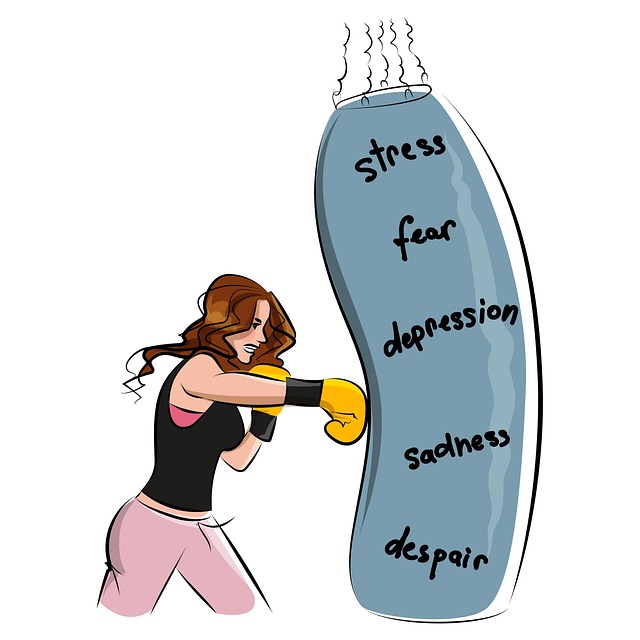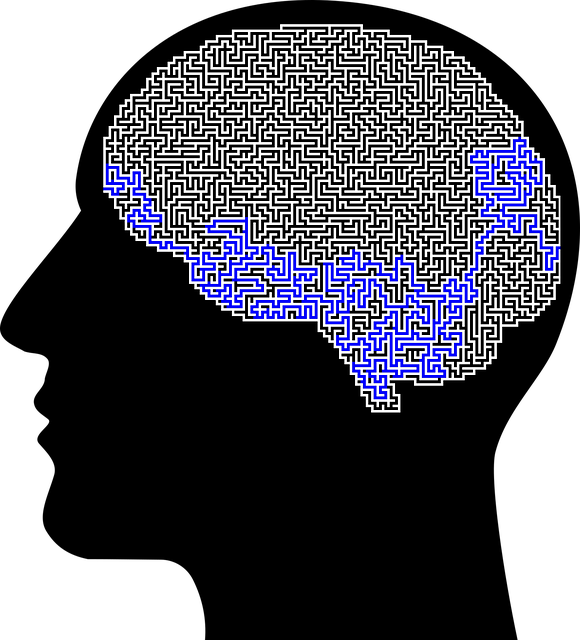Risk assessment in therapy for adolescent sexual addiction involves understanding their unique challenges, including developmental stages and stigma. Therapists must be empathetic, well-trained, and biased towards confidentiality. Community outreach and education programs, along with mood management and social skills training, mitigate risks and empower teens through early intervention. Strict ethical guidelines, a safe environment, self-esteem building, and stress management are key to effective treatment. Continuous monitoring through regular sessions post-therapy is vital for tracking progress and providing immediate interventions to prioritize mental wellness.
Mental health professionals are often on the front line of addressing complex issues, including adolescent sexual addiction. Effective risk assessment is crucial in ensuring safe and therapeutic environments for both clients and practitioners. This article explores the critical components of risk assessment in mental health practice, focusing on adolescent sexual addiction therapy. We delve into identifying unique risks, ethical considerations, creating safety, and continuous support strategies to enhance resilience and outcomes for teens seeking treatment.
- Understanding Risk Assessment in Mental Health Practice
- Identifying Risks Specific to Adolescent Sexual Addiction Therapy
- Ethical Considerations and Confidentiality Protocols
- Creating a Safe and Therapeutic Environment
- Continuous Monitoring, Intervention, and Support Strategies
Understanding Risk Assessment in Mental Health Practice

In mental health practice, risk assessment is a critical component that helps professionals identify and mitigate potential hazards for their clients. It involves a comprehensive evaluation of various factors, including the client’s history, current condition, and environmental influences, to predict and prevent adverse outcomes. For adolescents struggling with sexual addiction, this process becomes even more intricate due to the unique complexities of adolescent development and the sensitive nature of sexual health issues. By integrating knowledge from therapy for adolescent teens sexual addiction into risk assessment protocols, mental health professionals can tailor their approaches to better support these individuals.
Risk assessment in this context not only helps in individual therapy but also guides the development of public awareness campaigns and stress management workshops within organizations catering to adolescents. Promoting positive thinking and healthy coping mechanisms is integral to the overall strategy. These interventions aim to foster resilience, enhance self-awareness, and provide early support, thereby reducing potential risks and improving long-term mental health outcomes.
Identifying Risks Specific to Adolescent Sexual Addiction Therapy

Identifying risks specific to Therapy for Adolescent Teens Sexual Addiction is a critical aspect of ensuring safe and effective treatment. This population faces unique challenges due to the sensitive nature of their struggles, which often involve complex interactions between psychological, social, and cultural factors. For instance, adolescents may be particularly vulnerable to re-traumatization or stigma during therapy, requiring therapists to approach treatment with empathy and a nuanced understanding of their developmental stage.
Moreover, the potential for triggering feelings related to sexual identity or past experiences is ever-present. Therapists must remain vigilant about their own biases and ensure they are equipped to handle these delicate matters through specialized training and ongoing supervision. Implementing Community Outreach Programs that educate both adolescents and their families can also mitigate risks by fostering a supportive environment and promoting early intervention. Additionally, integrating Mood Management strategies and Social Skills Training within the therapeutic framework can empower teens with coping mechanisms and enhance their overall resilience.
Ethical Considerations and Confidentiality Protocols

Mental health professionals are bound by stringent ethical guidelines when working with clients, especially those facing complex issues like sexual addiction. These considerations are paramount in maintaining trust and ensuring therapeutic outcomes. Confidentiality is a cornerstone; therapists must safeguard sensitive information shared by adolescents, adhering to legal and professional protocols. This involves using secure communication channels and obtaining informed consent, especially when discussing personal and intimate details related to therapy for adolescent teens with sexual addiction.
Ethical practices also involve prioritizing client well-being and setting clear boundaries. Professionals should be vigilant about their own emotional responses and self-care practices, managing their mood and maintaining professional distance to provide objective support. Encouraging healthy self-esteem improvement and teaching effective self-care strategies are integral parts of the therapeutic process, enabling adolescents to navigate their challenges with resilience and confidence.
Creating a Safe and Therapeutic Environment

Creating a safe and therapeutic environment is paramount for mental health professionals working with adolescent teens suffering from sexual addiction. This involves establishing clear boundaries, ensuring confidentiality, and cultivating an atmosphere of trust and non-judgment. By fostering a secure space, therapists can encourage clients to explore their issues openly without fear of stigma or repercussions.
In the context of therapy for adolescent teens with sexual addiction, mental health professionals should integrate practices that promote inner strength development and stress management workshops organization. These strategies not only empower teens to cope with their challenges but also enhance their overall well-being. A comprehensive Mental Health Policy Analysis and Advocacy approach ensures that these therapeutic interventions are accessible and supported by robust systems, ultimately contributing to better outcomes for the adolescents.
Continuous Monitoring, Intervention, and Support Strategies

For mental health professionals working with adolescents and teens suffering from sexual addiction, continuous monitoring is key to successful treatment. Regular sessions that extend beyond traditional therapy can help in gauging progress, identifying setbacks, and providing immediate intervention when needed. This proactive approach ensures that the patient’s mental wellness, a core focus of any productive therapy for adolescent teens sexual addiction, remains a priority.
Intervention strategies should be multifaceted, incorporating techniques from various therapeutic modalities to address the complex nature of sexual addiction. Support systems are equally vital; this can include group therapy sessions, peer support networks, or even the production of a mental wellness podcast series designed to educate and empower individuals on their path to recovery. Fostering an environment that encourages self-care routine development for better mental health is also crucial. By integrating Self-Esteem Improvement strategies into care plans, professionals can aid patients in rebuilding their sense of worth and resilience, ultimately contributing to lasting behavioral changes.
Mental health professionals play a pivotal role in treating adolescent sexual addiction, but they also face unique risks. By understanding risk assessment methodologies and implementing robust ethical frameworks, therapists can create safe spaces for healing. This involves identifying specific risks within this therapeutic context, such as potential triggers and vulnerability factors among teens. Through continuous monitoring, intervention strategies, and supportive protocols, professionals can ensure the well-being of both clients and themselves while providing effective therapy for adolescent teens sexual addiction.














